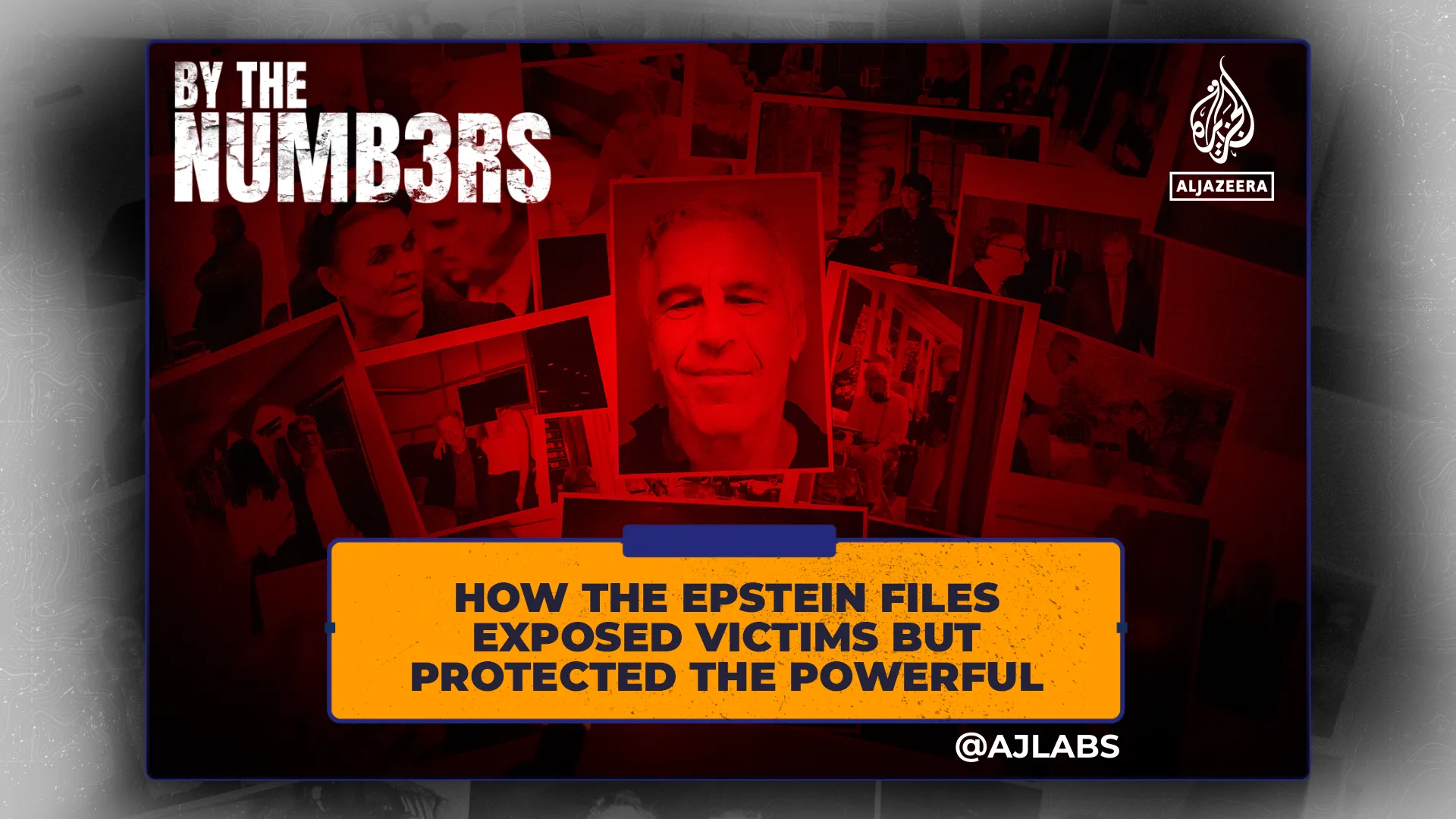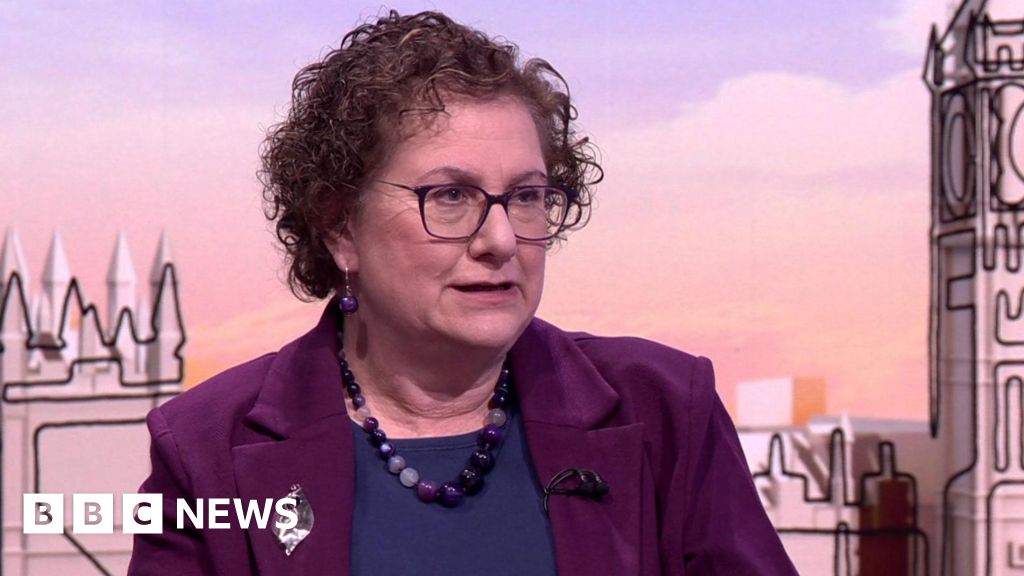As Sister Veronica questions her purpose in life on the BBC drama, we take a look inside the life of actress Rebecca Gethings
Sister Veronica’s anguish has left Call the Midwife fans in tears as she longs for a child to call her own.
When the BBC period drama commenced its 15th series this January, set in 1971, viewers were immediately met with an unexpected revelation as Sister Veronica (Rebecca Gethings) opened up about her innermost feelings, and her tale is heartwrenching.
In a candid exchange with Geoffrey Franklin (Christopher Harper), the nun disclosed her desire to become a mother herself, despite having devoted her life to the Church.
Sister Veronica had also developed a particularly close relationship with baby Christopher, providing invaluable assistance and support to the Turner family in caring for the little one.
The family decided Christopher should travel back to Hong Kong to continue receiving medical care at the British Army Hospital, and Sister Veronica accompanied the tot on his journey.
On Sunday (February 8), Sister Veronica arrived back from Hong Kong and insisted on speaking privately with Sister Julienne (Jenny Agutter) at Nonnatus House. During an emotional discussion, Sister Veronica revealed her intention to relinquish both her position as a nun and her duties as a midwife within the order.
She said: “I came back to Poplar via the Mother House. I needed to confer with Mother Mildred because I have been feeling increasingly unhappy.”
Sister Julienne responded: “I wasn’t unaware of it but our work is not about our happiness, it is about seeking no reward other than knowing that we do his will.”
The remark caught Sister Veronica off guard, prompting her to declare: “If you are quoting Ignatius of Loyola, then you are admitting the bit about giving and not counting the cost. And I can’t keep on giving and not counting the cost any longer.”
“I hoped I could bear it, but I can’t”, Sister Veronica confessed, before removing her wimple and exposing her hair for the first time.
“I have been given permission to go away for six weeks while I decide if I want to give up my vows and leave the order.”
Sister Veronica, now going by Beryl, later received consolation from Shelagh Turner (Laura Main), who had herself left the order years earlier to build a family with Doctor Turner (Stephen McGann). Beryl subsequently gathered her belongings and departed Nonnatus House. Will she return to Nonnatus House?
Who plays Sister Veronica in Call the Midwife?
Sister Veronica joined Call the Midwife in Series 12 (2023) as a new nun at Nonnatus House, replacing Sister Hilda.
She had previously worked as a midwife in Hong Kong and initially joined Nonnatus House as a health visitor. She certainly has her quirks, though she has become a much-loved member of the team and the community.
Sister Veronica is played by Rebecca Gethings, a 50-year-old English actress who was born in Canada.
Raised in Berkshire, UK, she studied drama at the Webber Douglas Academy. Starting off her career in theatre, she appeared in the West End production of Vassa.
She has gone on to star in a long list of television shows, including Queen Eleanor in The Serpent Queen, Helen Hatley in The Thick of It, Dawn in Not Going Out, Lizzie in Extras, and a guest role in EastEnders in 2001.
Rebecca has also starred in movies, including Casino Royale and The Critic. In 2015, she played PR manager, Miriam Clark, in Ricky Gervais’ film David Brent: Life on the Road.
Who is Rebecca Gethings’ husband?
In June 2025, Rebecca tied the knot with long time partner Tom Brass, opting for a pink dress after a disaster with her original wedding dress.
Rebecca and her animation director husband, also parents to two children, celebrated their union with an intimate East London ceremony.
The actress took to Instagram to share her joy, posting a stunning snapshot of her and Tom walking hand in hand as newlyweds.
Underneath the photo, she brimmed with enthusiasm, captioning: “I do, he do, and we very much did! All our thanks to @davidjonesphotography @iconoclast_london @justineluxton_costumedesigner.”
Speaking about her wedding dress disaster, Rebecca shared on the Call the Midwife Instagram page: “I wanted to keep our wedding very low-key – just Tom, the kids and myself. So I bought myself a wedding dress online in the sales. Just a white summer dress – nothing too fancy. It was then that disaster struck!
“Unfortunately, the dress arrived by post in a rainstorm whilst I was at work! I asked our babysitter to rescue it from behind the bin where the postman had left it. But when she turned up, she found that the rain-soaked parcel box had disintegrated completely!”
Justine Luxton, the show’s costume designer, and her assistant Anna Laflin, saved the day by making a new dress from beautiful coral fabric from Joel & Sons, which Rebecca had selected.
Call the Midwife airs Sunday at 8pm on BBC One and iPlayer
**For the latest showbiz, TV, movie and streaming news, go to the new ** Everything Gossip ** website**




































